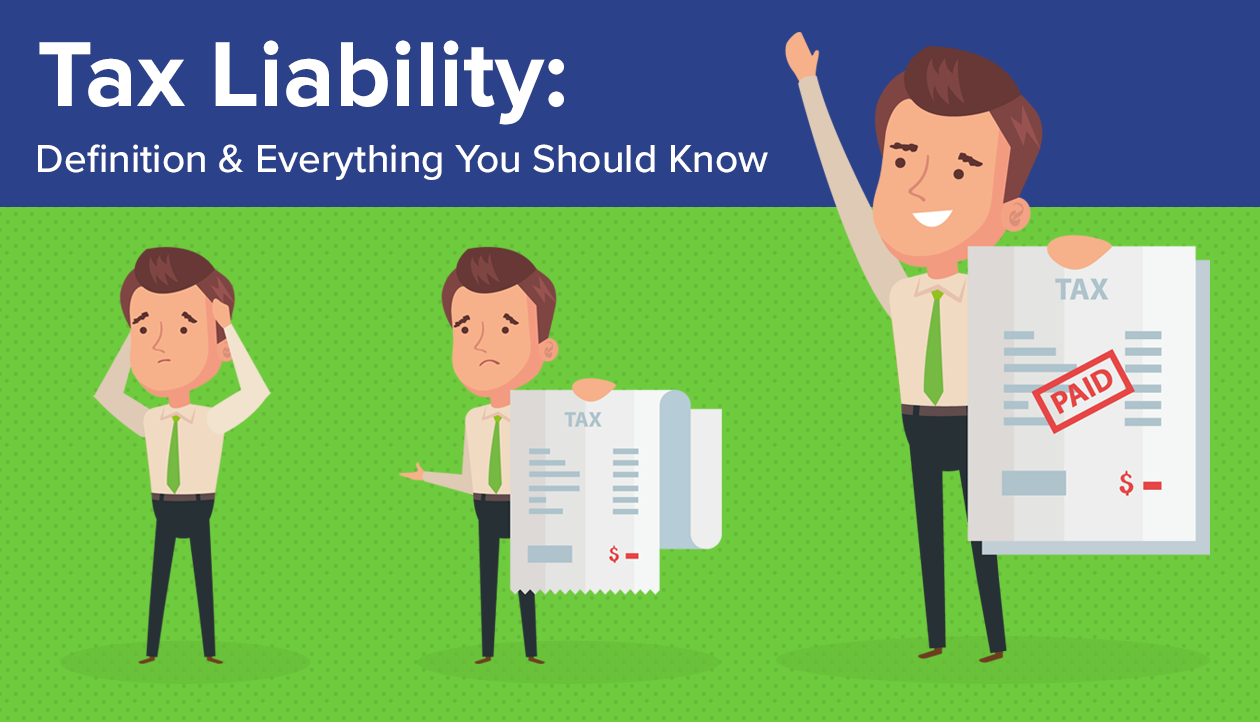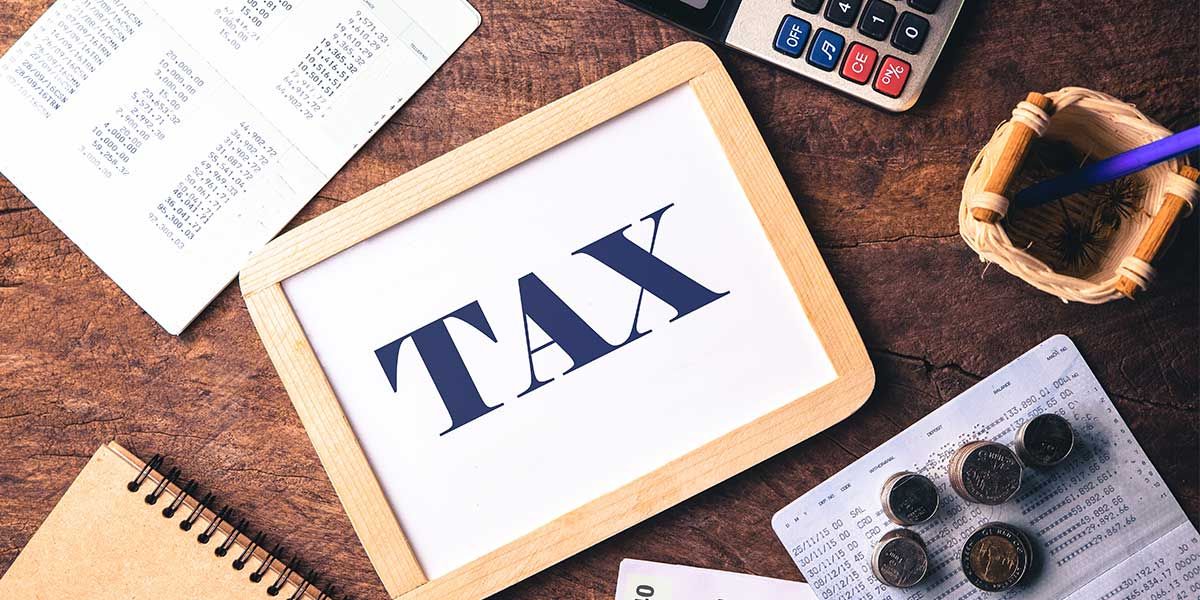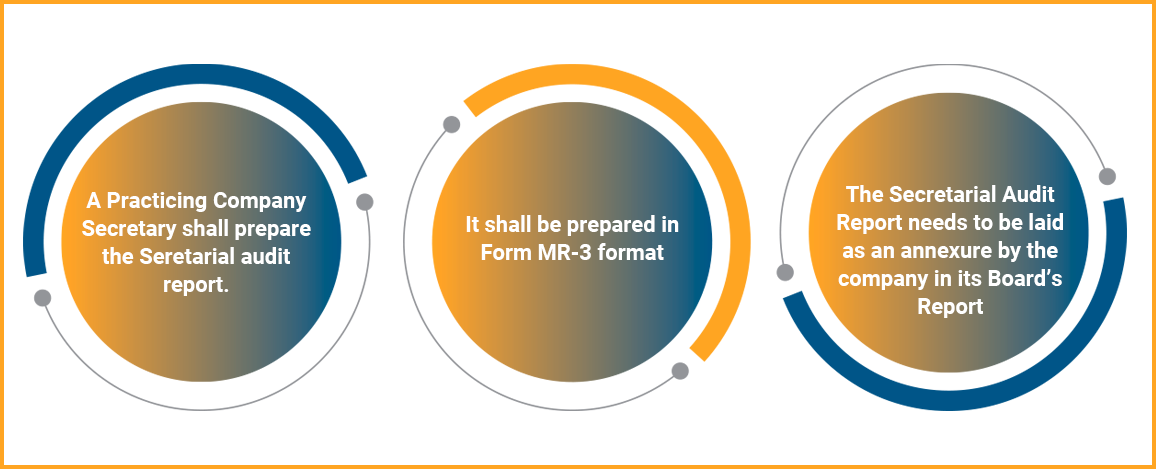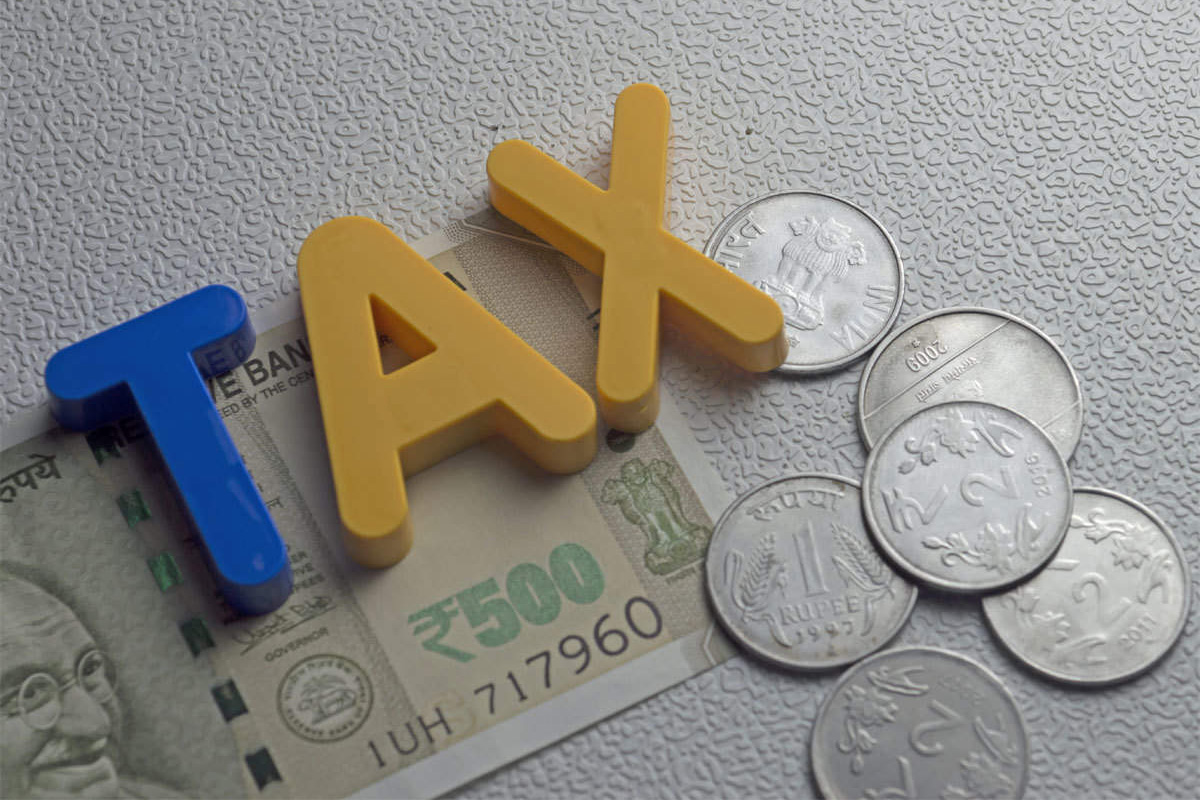In a recent case of the Director of Income Tax, New Delhi’s. M/s. Mitsubishi Corporation, the Supreme Court (SC) ruled that for times previous to the financial time 2012-13, the taxpayer is entitled to reduce the quantum of income duty that would be deductible or collectable at source (TDS or TCS) when calculating the advance duty liability, even though the taxpayer entered the full quantum without any deduction. As a result, the Supreme Court ruled that in similar cases, interest obligation for a space in advance duty payment (due to the incapability of the duty deductor to abate duty) would not crop.
Data of the case
The taxpayer is a non-resident establishment formed in Japan that does business in India. Through its liaison services in India, it engages in trading conditioning in carbon crude canvas, LPG, ferrous goods, artificial ministry, mineral, non-ferrous essence and products, fabrics, vehicles, and so on.
During Assessment Years (AY) 1998-99 to 2004-05, the duty officer, after rejecting the taxpayer’s contentions, calculated the income attributable to the taxpayer’s Indian operations and, as a result, levied interest for the space in payment of advance duty. About the duty of interest on space in the payment of advance duty, the taxpayer appealed with the Commissioner of Income- duty (Appeals) (CIT (A)). The CIT (A) determined that the taxpayer must pay advance duty indeed though no TDS was subtracted by the payer. As a result, it determined that interest would be applicable in the current situation.
Following that, the Income Tax Appellate Tribunal (ITAT) (1) ruled in favour of the taxpayer, citing the Special Bench decision in the matter of Motorola Inc as well as earlier High Court (HC) opinions. The duty department brought the case to the High Court. The High Court addressed the legal question of whether the charge of interest for a space in TDS payment is needed and leviable automatically. It also addressed the question of “ when a payer fails to abate TDS in a sale and transfers the full consideration inclusive of TDS to the payee/ assessee, can the payee assessee abate the quantum, therefore, entered from the advance duty outstanding by it?”
The High Court cited numerous High Court precedents to find that TDS should be disregarded/ barred when calculating the advance duty liability. Likewise, the High Court stated that a taxpayer can not be punished for a failure on the side of the duty deductor. The duty department has later taken the matter before the Supreme Court (SC).
Contentions of the duty department
The contentions made by the income duty department before the Supreme Court were as follows
- The responsibility to pay advance duty is distinct from the demand of the deductor to abate TDS.
- Interest is levied to repay the government for the detention in the recovery of levies.
- When there are two options for duty collection, one from the taxpayer and one from the duty deductor, the duty department’s decision can not be limited.
- It was claimed that the vittles concerned with interest calculation (under the Income Tax Act) are stand-alone. As a result, the language employed in laws dealing with advance duty calculation can not be incorporated into sections dealing with interest calculation.
- The Profit submitted that the term deductible would relate to the TDS that was d or collected and that the Payee/ Assessee would be entitled to abate TDS from the Advance duty only after the payer had transferred the proceeds of the sale to the Payee/ Assessee after abating the TDS.
- Amusement on this supposition, the Profit claimed interest from the assessee under Section 234B of the Act for short payment of advance duty.
Contentions of the assessee
The contentions of the taxpayer before the Supreme Court were as follows
- The taxpayer contended that the rules governing the manner of calculating interest under the Income Tax Act can not be interpreted in isolation from the vittles governing the calculation of advance duty liability.
- Away from the cases cited by the HC, the taxpayer reckoned on the Supreme Court’s decision in the matter of Ian Peter Morris. TDS and direct payment of duty, it was contended, are two distinct mechanisms of duty recovery under the Act. As a result, the taxpayer can not be punished for the failure of the duty deductor to misbehave.
- It was asserted that a prospective obligation to pay advance duty and a consequent failure to do so should be proved tourist liability. These prerequisites haven’t been met in this case.
- The Assessee contended that the term “ deductible” must be demonstrated literally, and hence whether or not the TDS was subtracted by the payer was immaterial. In any situation, the Payee/ Assessee would be allowed to abate sum from the advance duty liability of the assessee.
- The Assessee further claimed that under Section 201 of the Income Tax Act of 1961, the Profit might pursue the Payer for failure to abate TDS, and hence the Payee shouldn’t be obliged to pay any interest under Section 234B of the Income Tax Act.
Compliances of the Supreme Court and its Judgement
The Supreme Court said that the issue, in this case, rests around the meaning of the word deductible or collectable at Source.’
Under the before clauses of section 209 of the Income Tax Act, the quantum of advance duty liability is determined by abating the quantum of income duty that would be deductible or collectible during the financial time from income duty on estimated income. Hence, in the case where the taxpayer receives or pays any quantum (on which the duty was deductible or collectable) without the factual deduction or collection of duty, it has been ruled by the court that he’s not liable to pay the advance duty to the extent the duty is deductible from similar quantum.
And toa taxpayer liable for payment of advance duty about income which has been entered or paid without the factual deduction or collection of duty, the Income Tax Act was amended to change the above-mentioned section to give that if an assessee has attained any income without deduction or collection of duty, also he’ll be liable to pay the advance duty in respect of similar income.
The Supreme Court took notice of the correction made by the Finance Act of 2012. According to the said correction, a taxpayer who receives any income without TDS or TCS is needed to pay advance duty liability on similar income as well. The revision went into effect on April 1, 2012, and it applied to situations of advance duty payment in the financial time 2012-13 and posterior.
In this situation, all of the times are from the forenamed correction. Therefore, counting on an earlier judgement, the Supreme Court emphasised that in dealing with construction issues, unborn legislation may be pertained to for correct interpretation when the earlier Act is vague or nebulous or readily able of further than one meaning. As a result, the Supreme Court ruled that if the income duty department’s interpretation is espoused and accepted in this case, the correction made by the Finance Act 2012 will be rendered empty.
As a result, the SC held that, for the correction to have the willed effect, it must be understood that, for all times before hee financial time 2012-13, the taxpayer is entitled to reduce the quantum of TDS or TCS when calculating the advance duty liability, even though the full quantum without any deduction.
The Supreme Court also rejected the argument of the duty department that vittles dealing with interest calculation must be read in isolation, holding that while the description of‘ assessed duty refers to duty subtracted or collected at source, the pre-condition for attracting interest must inescapably be met.
The Supreme Court decided that the taxpayer couldn’t be held liable for dereliction in the payment advanced quantum of income duty that’s deductible or collectable at source may be subtracted by the taxpayer when calculating the advance duty liability.
Conclusion
This judgement gives important- demanded clarity on the calculation of interest obligation on a space in advance duty payments, where the whole quantum of income was chargeable for TDS. Given the variations made by the Finance Act of 2012, this case may not be useful for FY 2012-13 onwards, but it’ll go a long way towards resolving ongoing controversies about times previous to FY 2012-13.
Read More : investment








